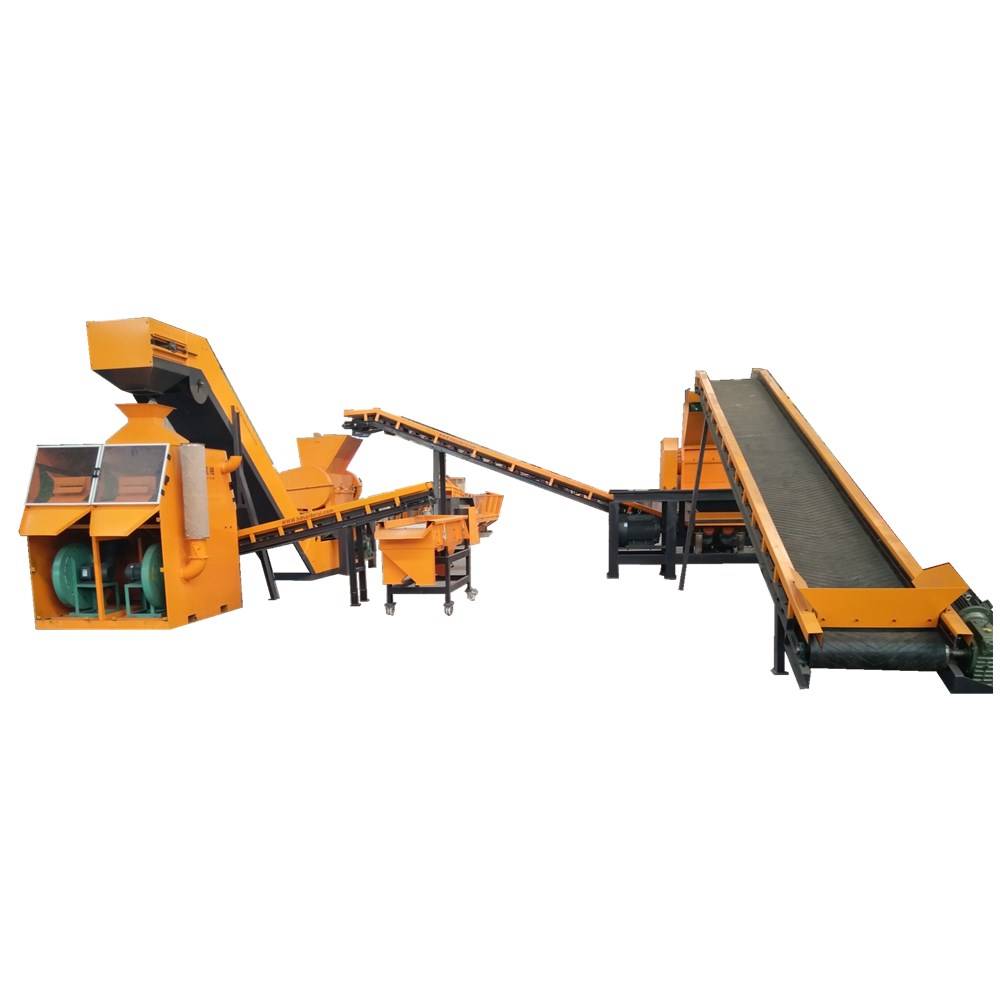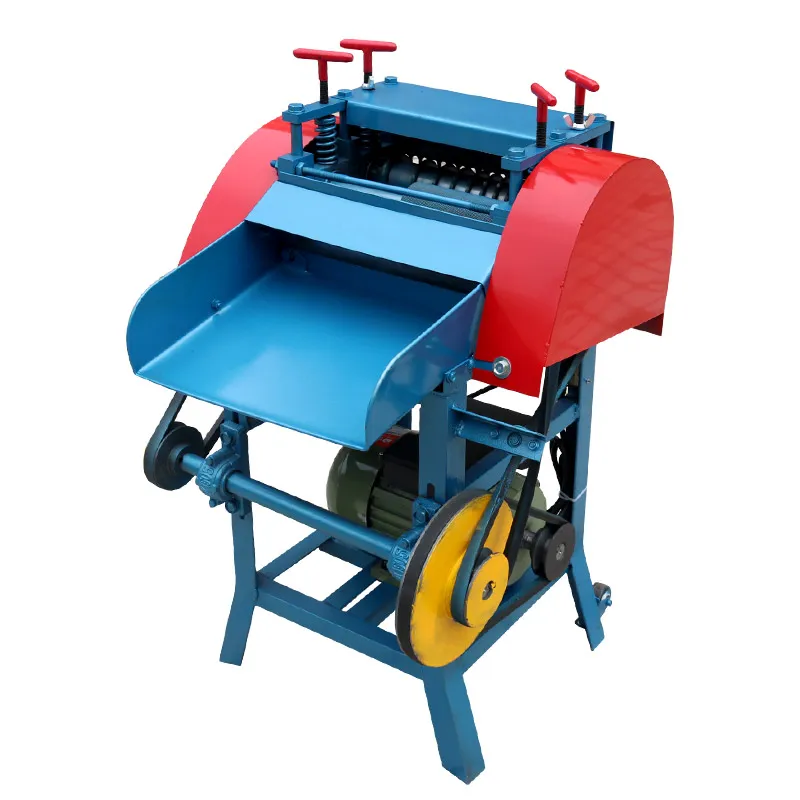Cable&Pcb Granulator
A Cable & PCB Granulator is a machine designed for recycling cables and printed circuit boards (PCBs) by breaking them down into smaller components. The primary function of the granulator is
to separate valuable materials like copper and aluminum from non-metallic parts such as plastics and insulation. The process involves shredding the cables or PCBs into small pieces, then using air separation or vibrating screens to sort and collect the different materials. This recycling process helps recover precious metals and reduces waste, making it both economically and environmentally beneficial.
-

E waste vertical shredder
-

Copper Wire Granulators
-

Automatic Scrap Cable Granulator Copper Wire Recycling Machine
-

Wire Stripper Machine
What Materials Can Be Processed With A Cable & Pcb Granulator?
A Cable & PCB Granulator can process various materials, including electrical cables (both copper and aluminum), printed circuit boards (PCBs), and other electronic waste components. It effectively handles cables with insulation, such as those from power lines and industrial equipment, as well as PCBs from discarded electronic devices like computers and smartphones. The granulator separates metals from plastics and other non-metallic materials, allowing for the recovery of valuable metals and proper disposal of waste.
How Does A Cable & Pcb Granulator Improve Recycling Efficiency?
A Cable & PCB Granulator improves recycling efficiency by automating the process of material separation and recovery. By shredding cables and PCBs into smaller pieces, the granulator increases the surface area for separation and makes it easier to sort out different materials. Advanced granulators use technology such as air classifiers, vibrating screens, and magnetic separators to enhance the accuracy and effectiveness of material separation. This results in higher recovery rates of valuable metals and reduces the amount of waste sent to landfills.



